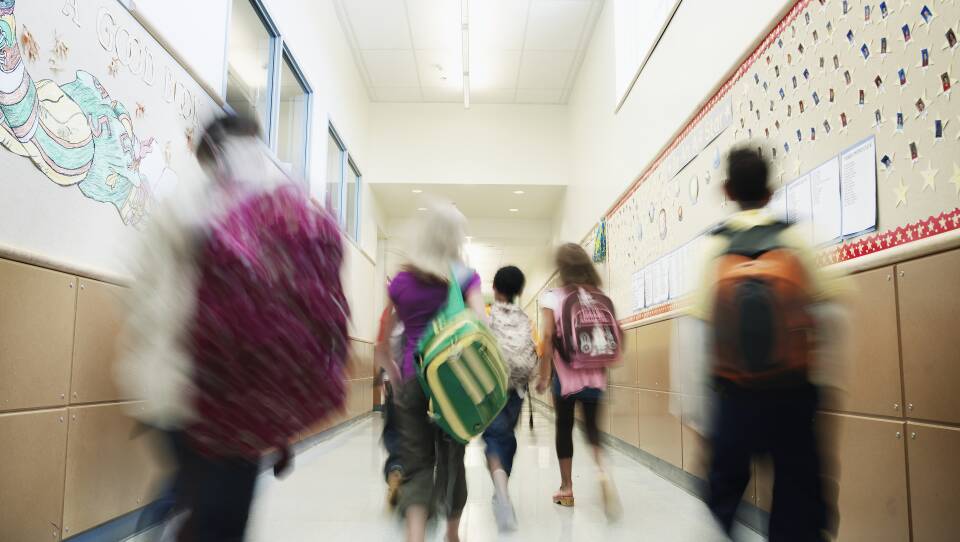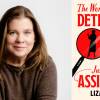With summer’s dog days steadily winding down, school safety has returned to the minds of many parents, both in Massachusetts and across the United States. And while this year might not be quite as fraught as 2020, the highly infectious delta variant has presented a host of familiar concerns for those looking to keep their kids and communities safe from COVID-19.
To offer some insight on best practices, GBH News’ Boston Public Radio invited Dr. Renee Crichlow on Thursday’s show. Crichlow is the Chief Medical Officer at Codman Square Health Center and the incoming vice chair of health equity at Boston University’s Department of Family Medicine.
While she acknowledged the discomfort of face masks, Crichlow told hosts Margery Eagan and Jared Bowen that the United States has, unfortunately, returned to a stage of the pandemic where everyone ought to be wearing them in indoor public spaces. The delta variant presents an increased risk for infection among kids, she said, which in turn means more risk of them getting seriously ill.
“That’s where we are,” she conceded. “We can’t let compassion fatigue take us. We have to find a way to look inside each other and say, ‘Let’s help each other live, let’s help the children live.’ We can do this.”
Eagan presented Crichlow with some of the concerns mask skeptics have raised when it comes to their impact on child wellbeing.
More Music & Culture
“We’ve had callers in the show, emailers... talking about how masks are hurting kids’ ability to learn language when they’re little, it’s hurting their social development when they’re older, that they’re getting depressed, that they’re getting carbon [monoxide] from the masks, that they’re getting health problems from the masks, physical and mental...”
Crichlow replied curtly, “every single thing you just said is wrong, inaccurate and misleading. Every single one of them.
“The most important thing we can do for the mental health of our children right now is safely get them back into schools, and that means masking and social distancing,” she said.
Of course, children aren’t going to be spending all their time in classrooms. When it comes to the other aspects of being a kid — think after-school sports, play dates and pizza parties — Crichlow acknowledged the importance of socializing for mental health, but stressed that parents ought to stay vigilant.
“Frisbee golf is a very respectable sport to have,” she half-joked. “It’s very long-distance. Fencing? Fencing’s good. If you can just wear your mask, and anyone that gets close to you you just stick ‘em.”
Speaking more seriously, Crichlow said current data shows outdoor sports “can be done” safely.
“It’s really about what are you doing around the playing field,” she said. “Are you then getting into a big van with everybody and no one’s vaccinated and everyone’s breathing on each other?”
To the question of pizza parties, Crichlow said risk-benefit analysis is something “we have to be very mindful of from this day forward.”
“When you’re going to the pizza party when you’re 10, and having all the games and machines and then you run around with all your friends, that sounds great,” she said. “But right now? If you’re gonna have that kind of event... honestly? It’s outside. And it’s with as few people as possible.”
The most effective prevention against COVID-19, Crichlow said, is getting your children vaccinated wherever — and whenever — possible. As she explained it, Pfizer is expected to be requesting Emergency Use Authorization, or EUA, from the FDA for kids aged 5 to 11 sometime in “September or early October.”
“My wife and I, we have three kids,” she said. “And I will tell you, from my own personal [experience], anyone going near my child needs to be vaccinated. I don’t care if it’s the person that empties the garbage when they’re all gone [from school]. Everyone that enters that school building needs to be vaccinated. That’s the best way we care for these kids. That’s the best way we keep them safe.
“That’s how we demonstrate we love them and protect them,” she said.









